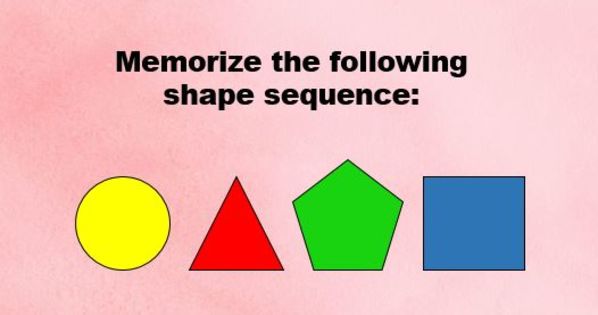Researchers Release a New List of Common OTC Medications That Are Causing a High Risk of Dementia!

image via – shutterstock.com
Many people think nothing of taking “over-the-counter” drugs on a regular basis, including non-prescription sleep aids and the antihistamine Benadryl (diphenhydramine). While previous research has found a link between prescription “anticholinergic drugs” and dementia, a new research study found a strong link between dosage strength of over-the counter drugs and the onset of dementia in people who had no signs prior to the study.
The research done at the University of Washington School of Pharmacy in Seattle, reported their findings in “JAMA Internal Medicine” in January. Anticholinergics block the neurotransmitter acetylcholine from being transmitted to the brain, and it is thought that this effect in medications containing this, contributes to the onset of dementia.
As you will hear in the video below, the study followed people, aged 65 and over, for 10 years. It was found, for instance, that taking 50mg of Benadryl and other first generation antihistamines daily for over 3 years or 25 mg daily for over 6 years, were at the most significant risk for dementia.
The most commonly used medications found in the 800 people who developed dementia (out of 3500) in this study were: Benadryl, Chlor-Trimeton (and other first generation anti-histamines); prescription tricyclic anti-depressants (doxepin or Sinequan) and meds for bladder control (oxybutinin, Ditropan).
For younger people on a constant dose of ANTICHOLINERGIC DRUGS, this study should serve as a warning, as it is unknown yet whether such use could cause early onset dementia. It is not advised that anyone discontinue any medication without speaking to their health care professional.
However, these results as well as others named in the VIDEO below, is important information for those on drugs that put them at higher risk for dementia. There are alternative drugs that are available that your doctor can discuss with you.
Watch the video below for further information:
Please SHARE This With Family and Friends
Are You Able To Pass This Dementia Test? Find Out..
 image via – playbuzz.com
image via – playbuzz.com
Dementia is on the rise and so is the information on what we know and understand about it. Scientists are uncovering all sorts of new and interesting data on the condition, with studies coming out constantly. Many of the latest developments are less than positive and link common ailments and medicines to an increased risk of developing dementia later in life.
According to the Mayo Clinic, every year in the United States alone more than three million Americans are diagnosed with it. However, there is a lot of misunderstanding surrounding dementia and many people are confused as to what exactly it entails. This is because there’s no one disease or ailment that causes it. Rather, the Online Oxford Dictionary defines dementia as “a chronic or persistent disorder of the mental processes caused by brain disease or injury and marked by memory disorders, personality changes, and impaired reasoning.”
To be diagnosed with having it, a patient must show impaired ability of at least 2 brain functions. The symptoms vary and include memory loss, depression, paranoia, restlessness, irritability, confusion, jumbled or impaired speech, anxiety, sudden personality changes, general mental decline, and an inability to speak, understand, or recognize things. There are a number of additional ones not listed here, but the majority of symptoms seem to fall within the cognitive and behavioral range.
Furthermore, dementia is not a rapid onset type of condition. It comes on gradually and tends to progress with age, which is why it’s so much more common in adults over age sixty. Even so, some symptoms can be reversed if detected early on and people are urged to exercise not only their bodies, but also their minds and brains. Doing word puzzles, search images, crosswords, and other similar types of games help to keep your mind activated and memory sharp.
This sample dementia test will do exactly that. It uses real questions from a variety of dementia tests to examine both your cognitive skills and memory retention abilities. To be clear, this is not diagnostic in any way, shape, or form. Try it now to see if whether or not you can pass it!
Please SHARE This With Family and Friends To See If They Can Pass




